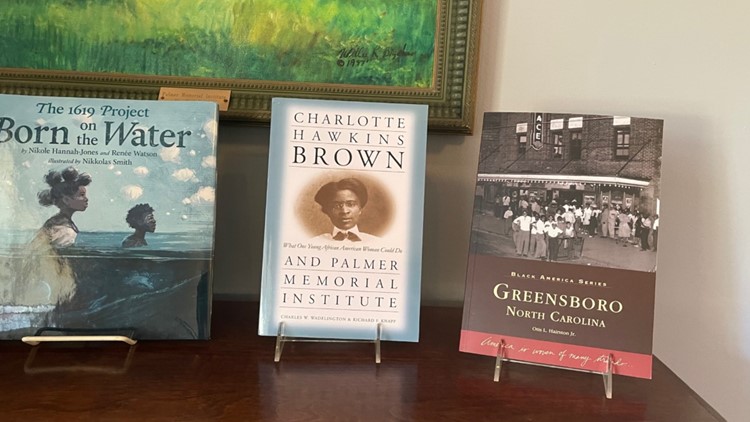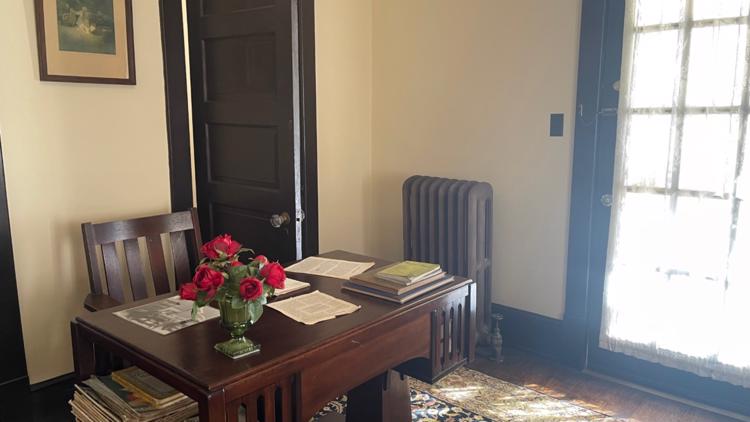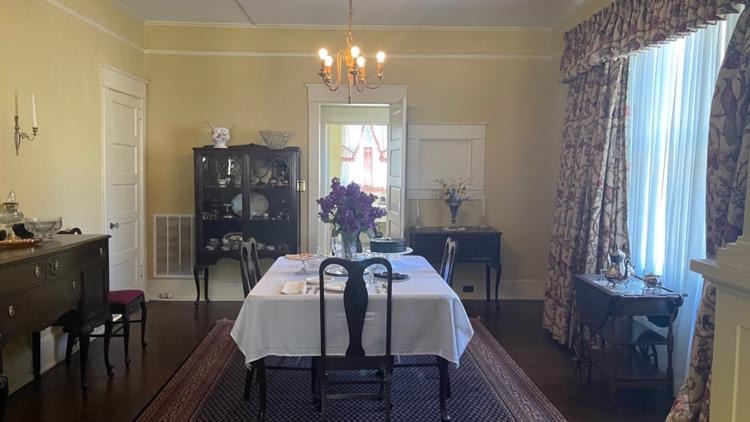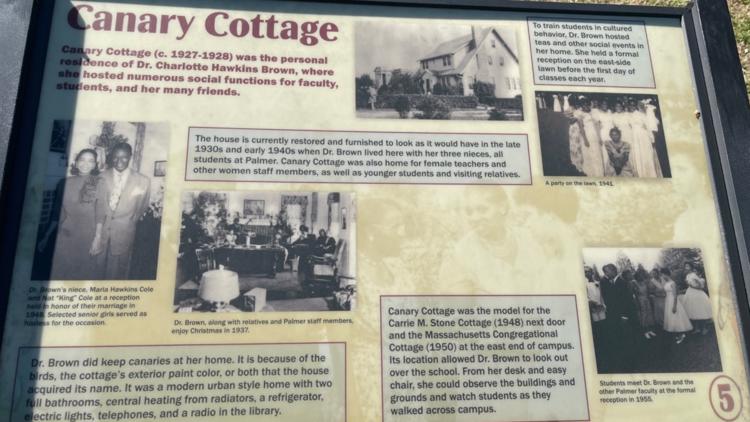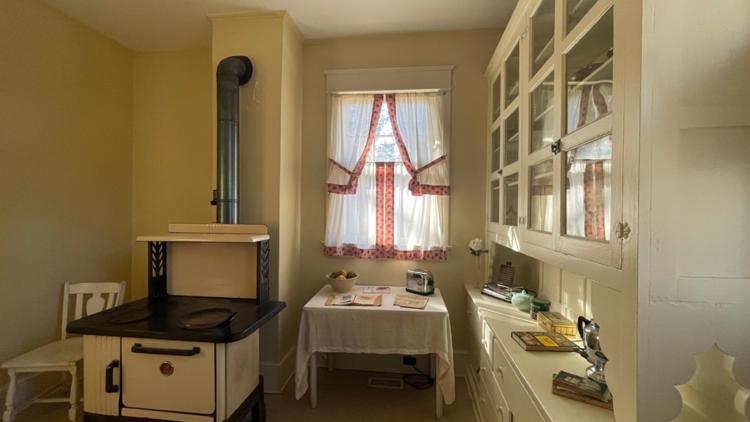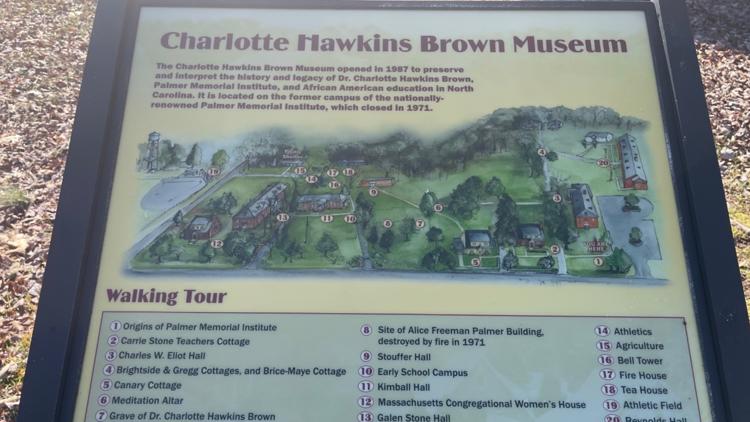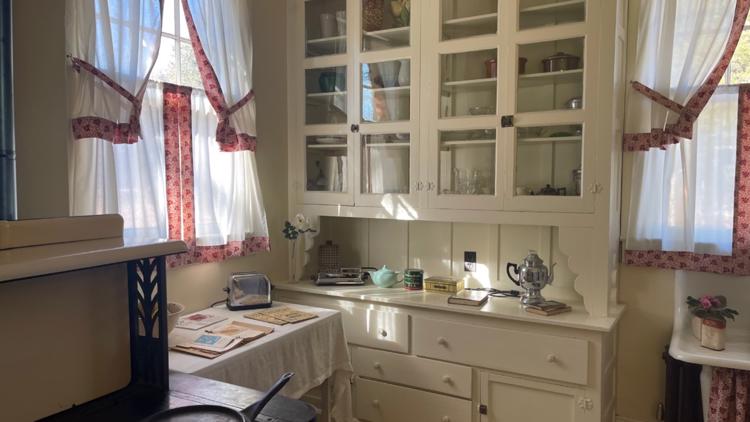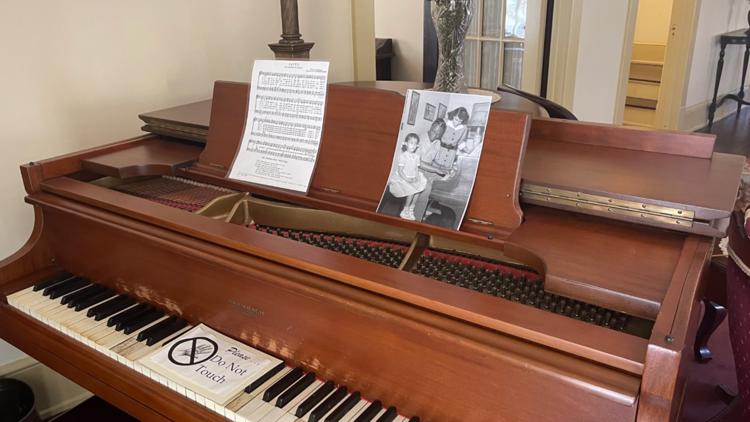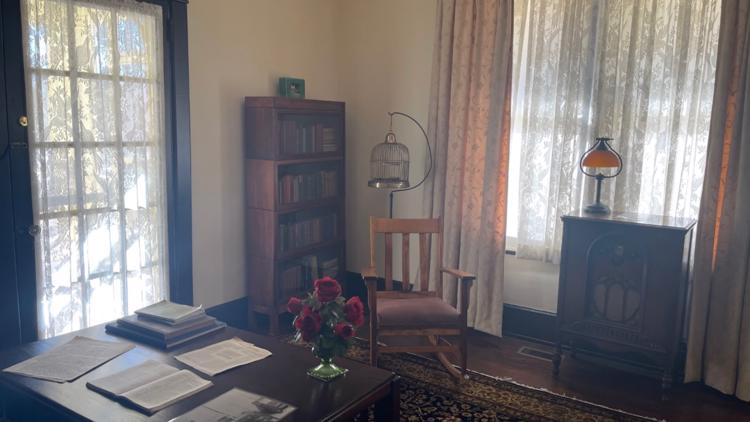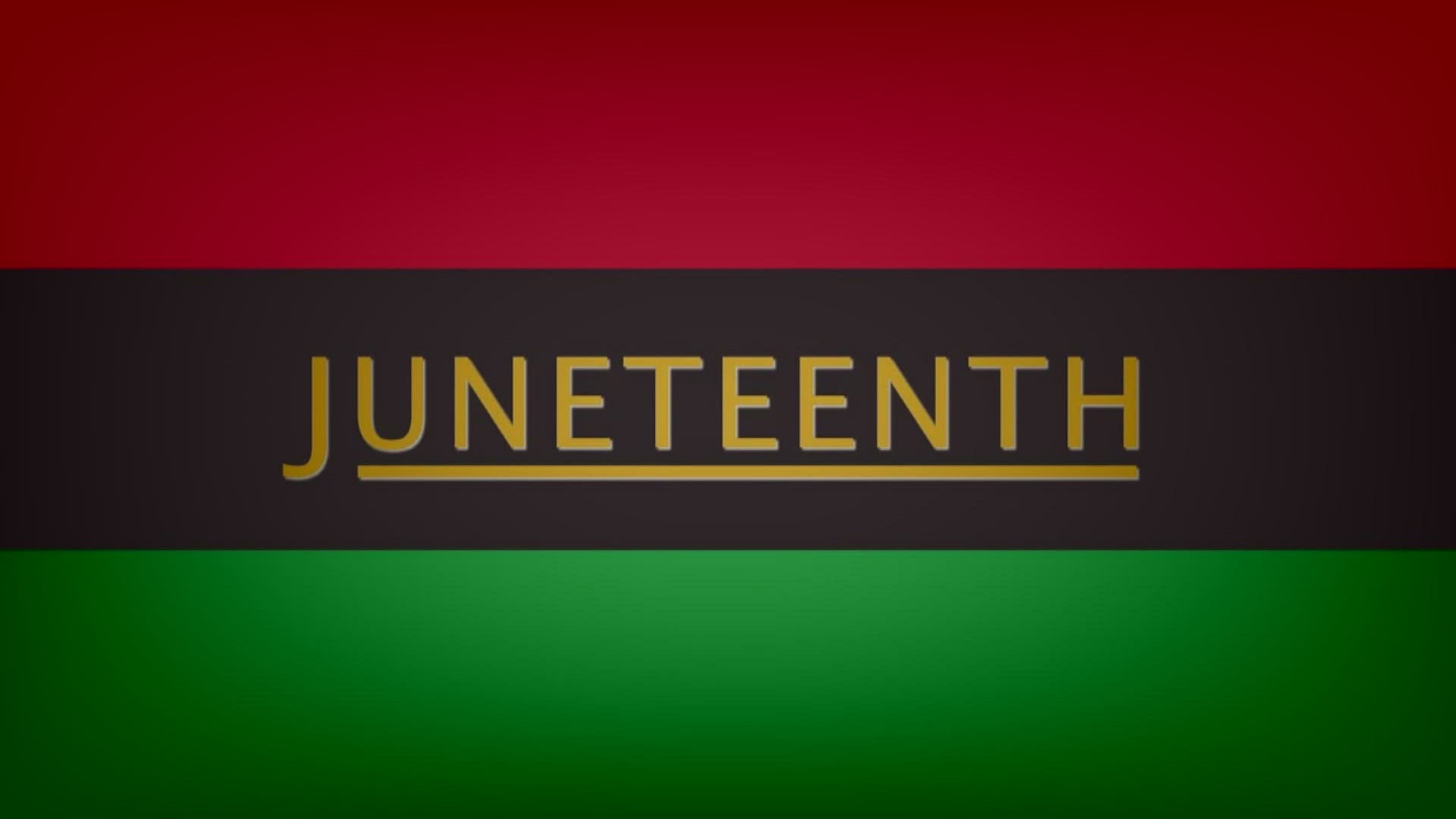SEDALIA, N.C. — One pioneer of education went from being in a school with little to no black students to teaching a class full of less fortunate black students in rural areas.
Dr. Charlotte Hawkins Brown, the founder of the Palmer Memorial Institute, refurbished a day and boarding school for African Americans in Sedalia, NC, in 1902, according to the NCPedia website.
Dr. Brown was born in Henderson, NC, in 1883, but her family moved to Massachusetts when she was a child to escape the Jim Crow and the social practices of the South. She was one of the only few black students in Cambridge, Massachusetts. Then, Dr. Brown met mentor Alice Freeman Palmer, North Carolina Historic Site.
Palmer was an educator who was highly impressed by Dr. Brown’s perseverance. Palmer saw her passion for higher education, and she was heavily involved in her academic journey. Along with sponsoring Dr. Brown, Palmer introduced her to prominent people in Boston, Massachusetts Dr. Brown could find helpful in her future.
Before moving back to her home state, Dr. Brown accepted a 25-dollar-a-month job from the American Missionary Association (AMA), according to Kelly Fatyol, an educational coordinator at the Palmer Memorial Institute.
In 1901, she came to Bethany Institute in Sedalia, NC, to teach poor black students. However, the school needed many repairs, and the AMA decided to shut it down, leaving Dr. Brown jobless. Yet, that didn’t stop the resilient Dr. Brown. With the encouragement of local African Americans, 18-year-old Dr. Brown took matters into her own hands. The NCPedia site states, that through vast donations and her hard work ethic, she started her school.

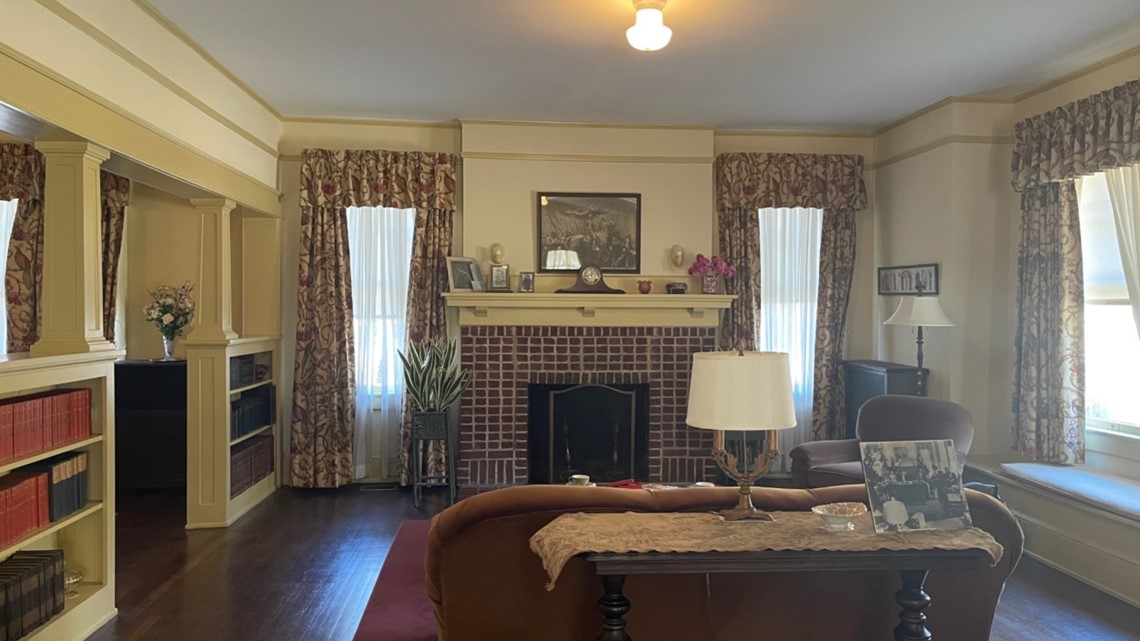
Dr. Brown moved the school across the street to a blacksmith’s shed before raising enough money to build a 200-acre campus with new buildings.
By 1900, North Carolina had more than 2,000 private schools for African Americans. However, most teachers only had an elementary school education. Palmer Institute stood out because Dr. Brown offered college prep and had junior and senior high school setting students. Fatyol mentioned Palmer Institute was one of the first schools in NC to offer an African American history class in high school.
"The Alice Freeman Palmer building was the primary building on campus by 1922 and on Feb.14, 1971, it burned down. It was made out of 225,000 bricks hand-made by the students on campus," Fatyol explained.
Dr. Brown was nationally known as an educator. She was also known as a lecturer, social advocate, and religious leader who believed in the American principles of freedom and justice for all humans as stated on the NCPedia website. She was a woman with pride who put her blood, sweat in tears into creating what we now know as the Charlotte Hawkins Brown Museum.
You can schedule a tour of the Palmer Memorial Institute at the Charlotte Hawkins Brown Museum on Eventbrite. Tours of the site are open to the public Tuesday through Friday at 10 a.m. and 3 p.m. and on Saturdays at 1 p.m. Tours are approximately an hour and a half long.


